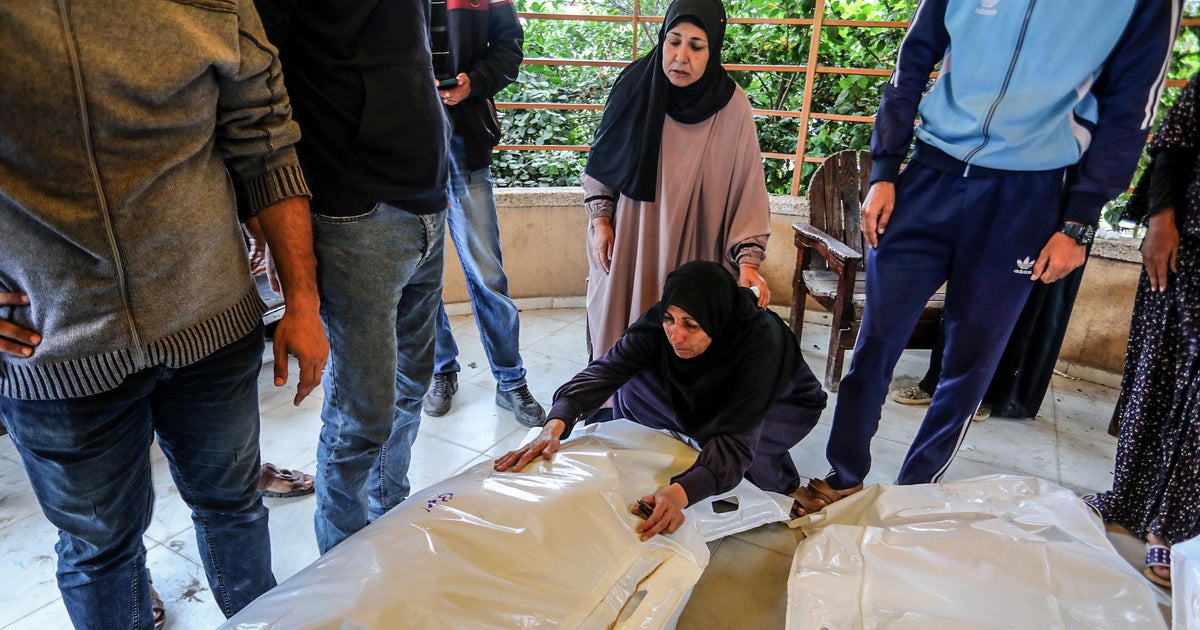New York City hosts Persian Day Parade, a celebration of Middle Eastern cultures during tension-filled times
NEW YORK -- Thousands of people took to the streets of Midtown on Sunday to highlight their Persian culture and temporarily take their minds off the tensions in the Middle East.
A sea of red filled Madison Avenue, as dancers and marchers showed off their pride at the Persian Day Parade. Many in attendance said it was a time for much-needed celebration. Ben Moosadazeh of the Long Island town of Dix Hills was holding the traditional Persian flag, with the lion and sun, an American flag, and an Israeli flag.
"To have peace with everybody. That's all. No other message," Moosazadeh said.
Rita Azemati made the four-hour drive from Washington D.C. to teach her daughter about her roots.
"First, they have to learn their own culture and then they can adopt other culture, American culture," Azemati said.
History of the Persian Day Parade
The 20th annual parade followed the celebration of Nowruz, the Persian new year. Celebrants full of passion for preserving Persian culture said they undoubtedly are hoping for a year of peace and prosperity.
"We are the Persians, famous for living a poetry all their life," said Iraj Javid, of the Persian Parade Foundation.
All of that was told through song and dance. The culture dating back to ancient times highlights the Persian Empire which, at its height, included modern-day Iran, Egypt, Turkey, and more. Families celebrated together Sunday and with those overseas, like Fati Jahromi from Pennsylvania, whose family is in Iran.
"I actually was Facetime them. They [were] really happy to see that," Jahromi said.
"Culture has no limitation or boundary, or borders."
City leaders also showed their pride.
"I get to be the first deputy mayor of Persian descent in the greatest city in the world," Deputy Mayor of Communications Fabien Levy said.
When asked how he feels about the parade growing as much as it has, Dr. Cyrus Assadi, founder of the Persian Parade Foundation, said, "Excellent, excellent. This is the part of Persian culture, and, as you know, culture has no limitation or boundary, or borders."



